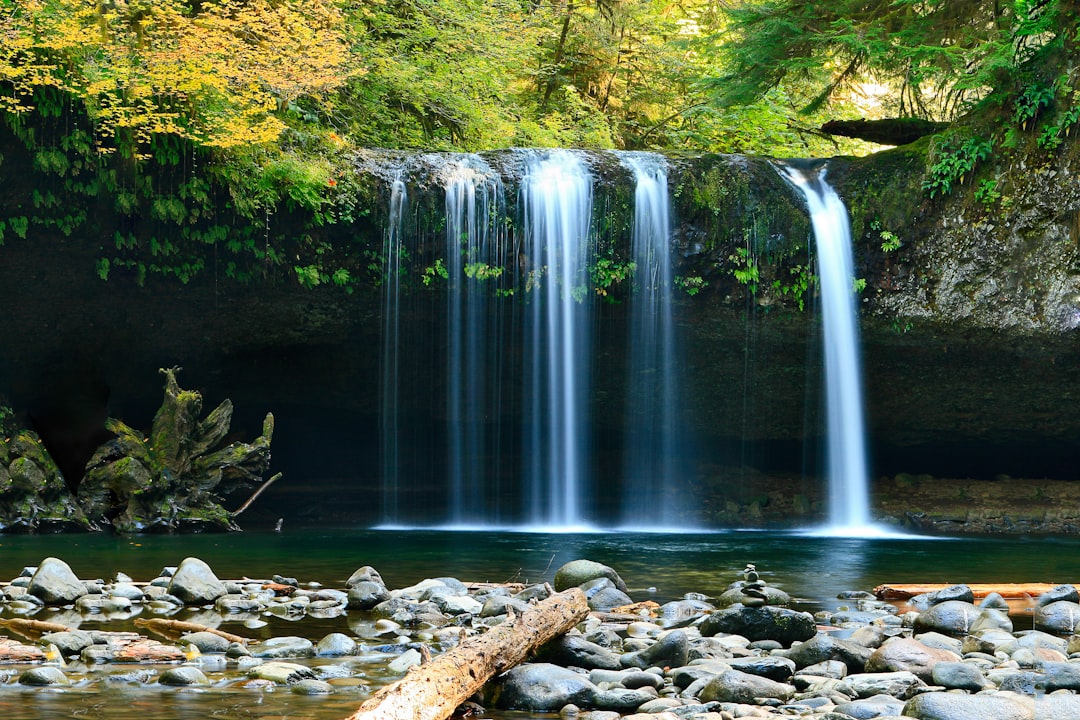
Travel Tips for Pet Owners: A Comprehensive Guide.
# Introduction. Traveling with pets can be an exhilarating experience, but it also comes with its share of challenges. As pet owners, ensuring the comfort and safety of our furry friends should be a top priority. This guide delves into practical travel tips tailored specifically for pet owners, helping you navigate the process smoothly while creating memories that will last a lifetime. ## Choosing the Right Destination. Before embarking on your journey, it's essential to choose a pet-friendly destination. Not all places are accommodating to animals, and it's crucial to research suitable locations that offer pet-friendly accommodations, parks, and activities. Websites like BringFido and PetFriendly can be a great resource for discovering hotels, restaurants, and attractions that welcome pets. When selecting a destination, consider your pet's temperament, size, and limitations. Some locations are better suited for dogs that enjoy active lifestyles, while others might be calmer and more relaxed, perfect for cats or smaller pets. Always ensure you know the specific pet policies related to the area you plan to visit and be prepared for any breed restrictions that might apply. ## Preparing for Travel Logistics. Traveling with pets requires meticulous planning, especially regarding logistics. Start with a visit to the veterinarian to ensure your pet is healthy and up to date on vaccinations. Some destinations may require a health certificate or specific vaccinations, so be sure to check ahead of time. Make sure your pet is microchipped or has a collar with ID tags that contain your contact information. In case your pet gets lost, having these identifiers can save you from a lot of stress. If you're traveling by car, invest in a sturdy crate or harness to keep your pet safe during the journey. For air travel, contact your airline in advance to understand their policies on pet travel, crate dimensions, and any extra fees you may incur. ## Packing Essentials for Your Pet. Just like you would pack for yourself, your pet will also need a dedicated travel bag filled with essential items. This includes food, water, bowls, leash, waste bags, grooming supplies, and a couple of their favorite toys or blankets to keep them comfortable. Consider packing a travel-sized first-aid kit that caters to your pet’s needs. Items like bandages, tweezers, hydrogen peroxide, and vet-recommended medications can be incredibly helpful in case of minor injuries or health issues during your trip. Also, don't forget to pack extra food and treats, especially if you're going to a remote location where finding your pet's specific diet might be challenging. Overpacking is better than underpacking when it comes to your pet's needs. ## Creating a Comfortable Environment. Once you arrive at your destination, take the time to help your pet acclimate to their new environment. Set up a cozy area with their belongings, including their bed, toys, and food. This will help them feel secure in the new surroundings. If you're in a hotel, familiarize your pet with the space by allowing them to explore the room before you start unpacking your things. Keep an eye on them during this time, as new environments can trigger anxiety or stress in some animals. You'll also want to establish a routine, such as designated feeding times and bathroom breaks. This not only helps your pet feel more secure but allows for a smoother travel experience. ## Mindful Travel Activities. When planning activities during your trip, consider your pet's needs and preferences. Look for pet-friendly parks, beaches, and trails that allow dogs to explore and have fun. Some businesses, such as ice cream shops and cafés, even offer special treats for pets! However, always watch for signs of over-exhaustion or stress. Pets can become overwhelmed by new sights, sounds, and social interactions. Take regular breaks, and don't hesitate to return to your accommodation for some downtime if needed. ## Understanding the Local Regulations. Every destination has different laws and regulations regarding pets. Make sure to familiarize yourself with leash laws, breed restrictions, and any other regulations applicable to pets. Some places may require pets to remain on a leash at all times, while others may have designated off-leash areas. Also, remember to respect local customs and etiquette. Clean up after your pet, and ensure they are well-behaved in public spaces. Being a responsible pet owner will help improve your travel experience while also fostering goodwill with locals. ## Conclusion. Traveling with your pet can lead to unforgettable adventures and strengthen the bond between you and your furry friend. By carefully planning and preparing for your trip, you can ensure a positive experience for both you and your pet. From selecting the right destination to packing essentials and establishing a routine, following these tips will help you enjoy a stress-free journey. So pack those bags, grab the leash, and set off on an adventure with your beloved companion! .








